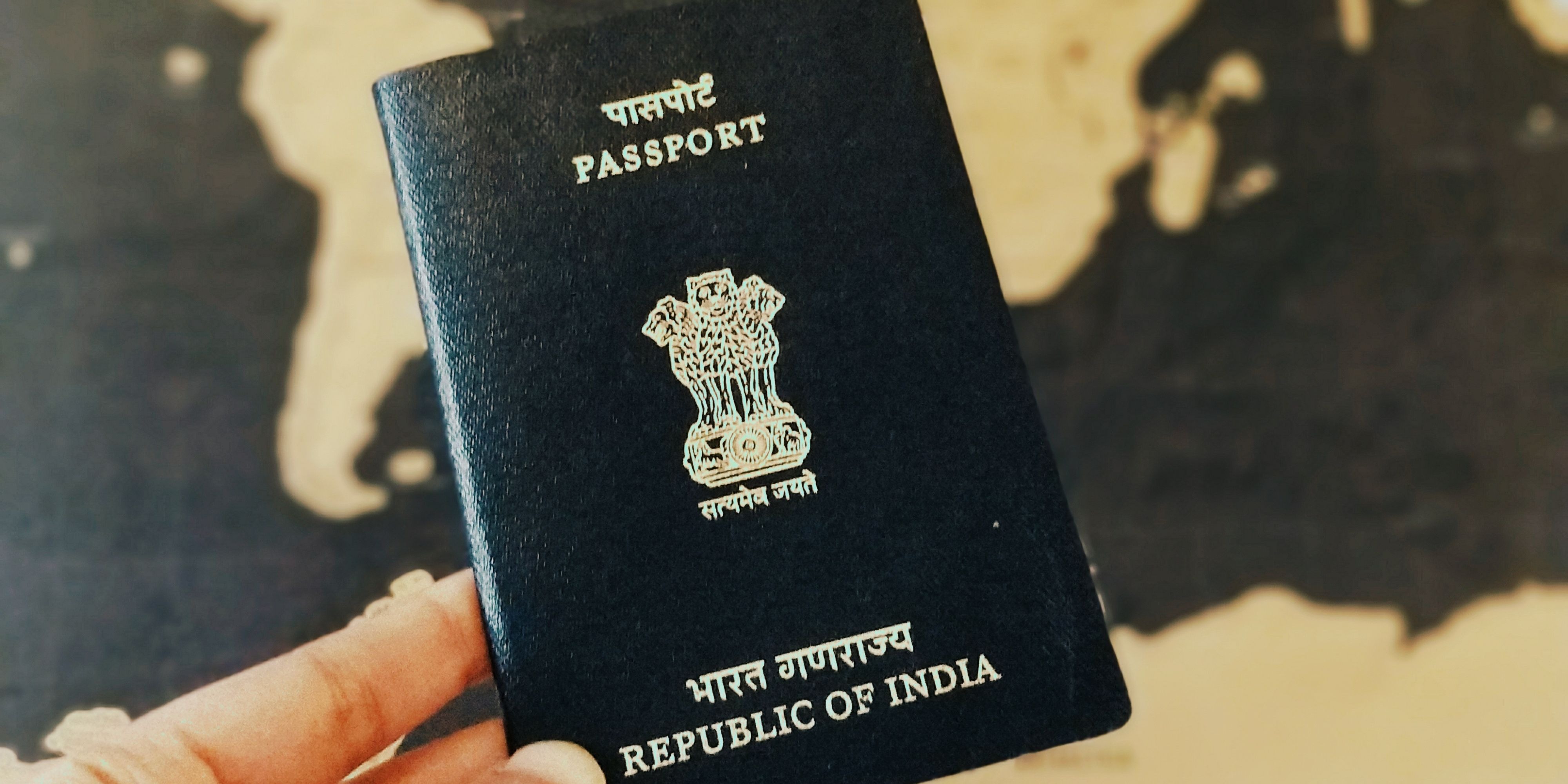New Delhi: India’s passport power has improved by 24 ranks in the last five years because of the liberalisation of its visa policy and several other measures taken, while the ranks of Taiwan and Hong Kong have surpassed that of China.
According to the globally accepted Arton Capital Passport Index (ACPI), an online tool which collects and displays passport ranks, China’s rank in the Global Passport Power Rank is 45, while that of Hong Kong and Taiwan are 26 and 40, respectively. The ranking of various passports is given on the basis of “Visa Free” (VF) status accorded to the passport holders of a specific country and other parameters.
As per the index, India has jumped to the 53rd spot on the list from 77 in 2015, as its passport provides VF access to 18 countries, Visa on Arrival (VoA) to 30 countries, while visa requirement is compulsory for 150 countries. Some of the countries that allow Indians without visa are Bhutan, Nepal and Palestinian territories.
China’s rank in the index is 45, which is just 8 ranks above India’s. But its passport power is below Hong Kong’s and Taiwan’s. Hong Kong’s passport gives VF access to 50 countries, visa on arrival to 26 countries. Taiwan, on the other hand, gives VF access to 27 countries, and visa on arrival to 34 countries. China’s passport, interestingly, gives VF access to only 24 countries and visa on arrival to 32 countries.
Pakistan ranks sixth from the bottom (passport power rank 65), as its passport provides Visa Free access to only seven countries and Visa on Arrival to 27 countries. Afghanistan and Iraq are at the bottom of the index with their passport power rank of 70.
As per the latest power ranking, Japan and New Zealand occupy the number one rank globally. Japan has Visa Free access to 118 countries, VoA to 35 countries, while visa requirement is compulsory for 80 countries. In the case of Germany, it has Visa Free access to 78 countries, VoA to 40, while visa requirement is compulsory for 80 countries. The United States’ rank, on the other hand, is at 20, according to the index.
The ACPI methodology considers passports of 193 United Nations member countries and six territories. In order to determine the individual rank of each passport, a three-tier method is applied, which includes VFS, VoA and UN Development Programme Human Development Index (2015). To determine the individual rank of each passport, a Visa Free Score (VFS) is prepared, which is the sum of Visa Free (VF) and Visa on Arrival (VoA) facility accorded to the passport holder of a country.
The UNDP HDI (United Nations Development Programme Human Development Index) is a summary measure of average achievement in key dimensions of human development: a long and healthy life, being knowledgeable and having a decent standard of living. These measures are an important indication of a country’s perception abroad.
India, it is to be noted, has liberalised its visa policy with the objective of promoting investments and tourism into India from other countries. The e-visa scheme has been liberalised to allow business visits and medical treatment in India. The number of entries and validity of e-visas has been increased and the scheme has been expanded to include 170 countries and territories till date.
These initiatives are expected to encourage other countries to reciprocate and facilitate travel of Indian passport holders to their countries. As more countries permit Indian passport holders to visit Visa Free or grant them Visa on Arrival facility, the rank of the Indian passport on the Global Passport Index is expected to improve further, according to sources in the Ministry of External Affairs (MEA).

